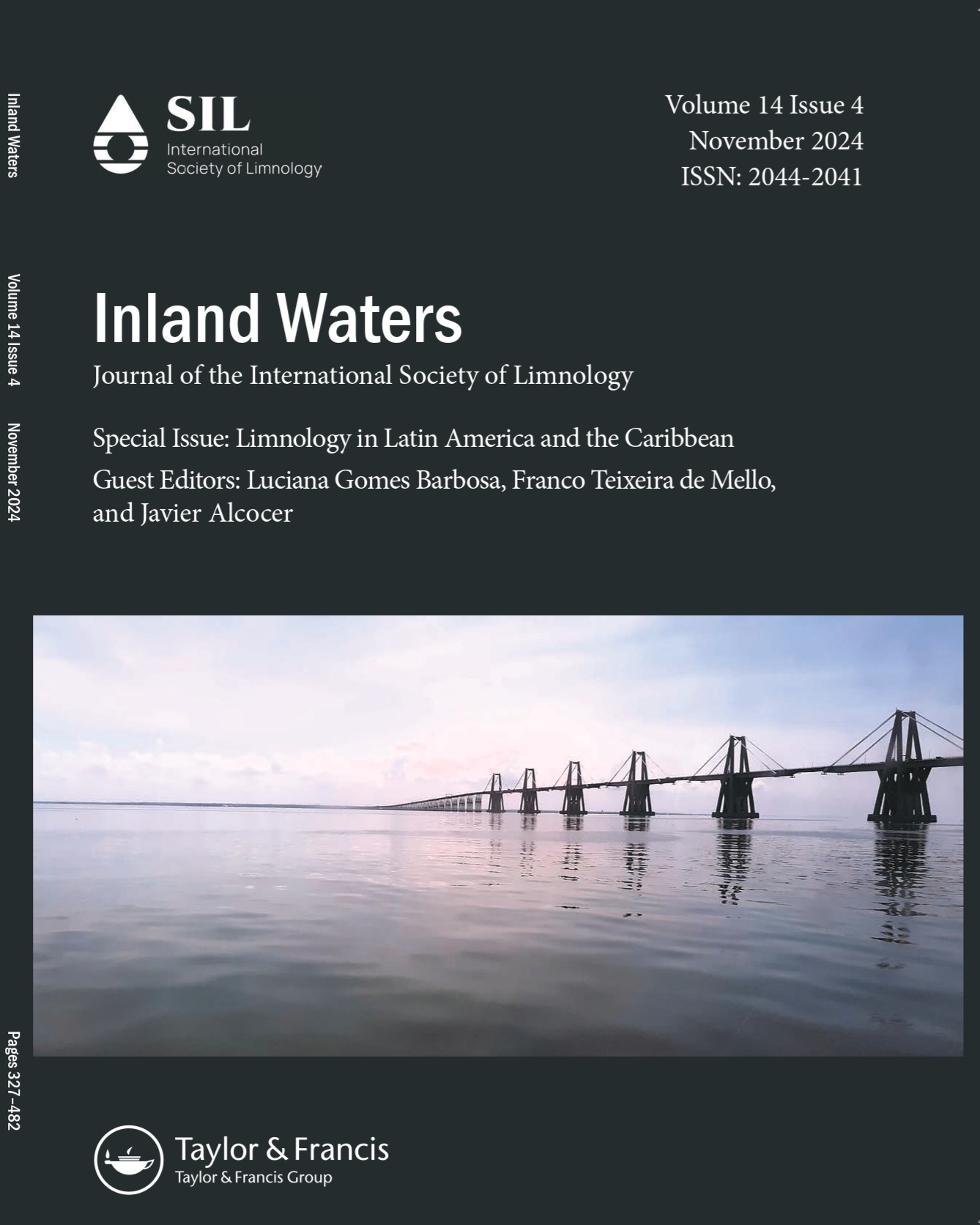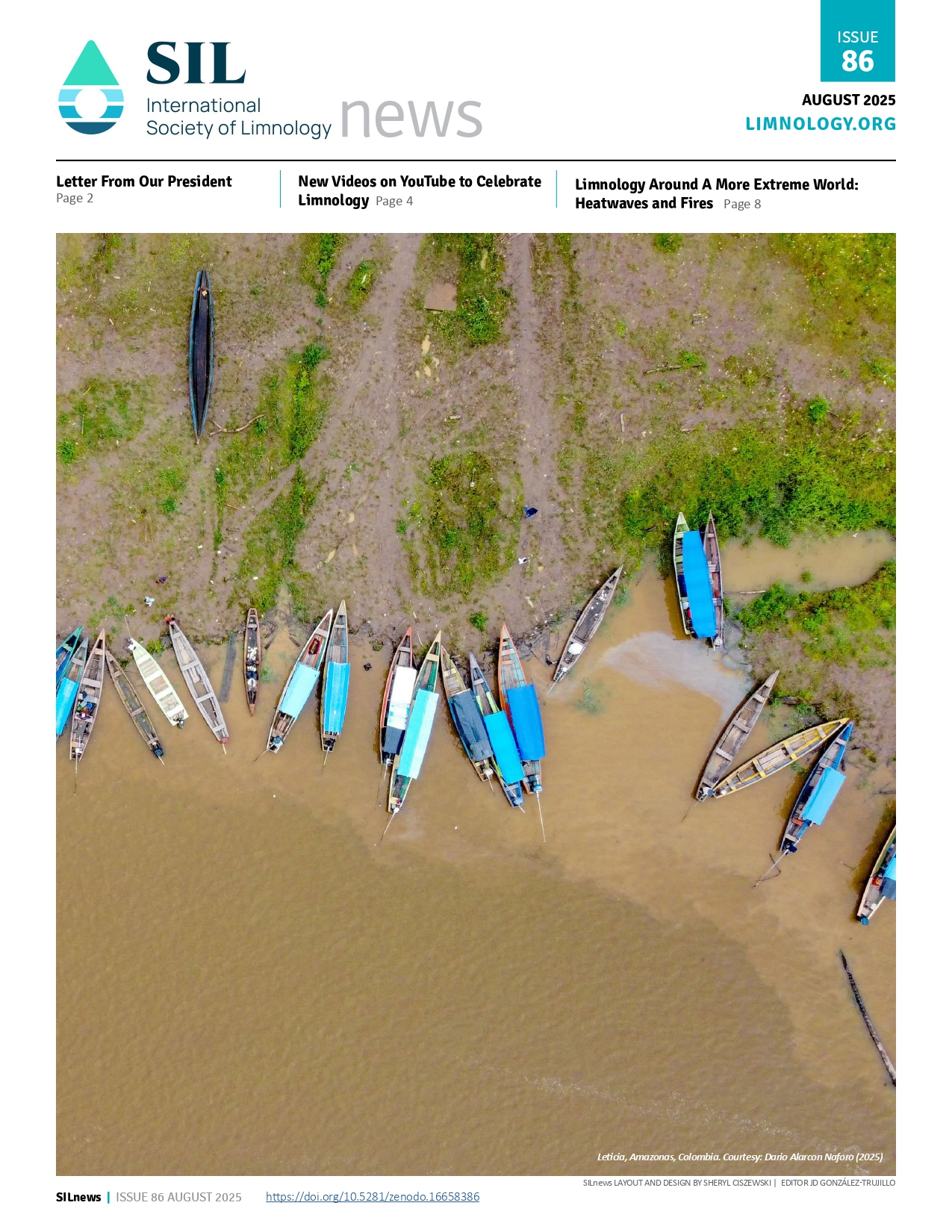Following a formal bid to host the congress in 2001 during the 28th congress in Melbourne and partial acceptance in 2004 at the 29th congress in Lahti, it was awarded to South Africa in 2007 at the 30th congress in Montreal. Unfortunately several of the initial lobbyists retired or moved to greener pastures, which meant that only a handful of us drove the process. The Local Organizing Committee (LOC) consisted of: Johan Grobbelaar (chairperson), Brian Allanson (convenor of the scientific committee), Mike Silberbauer (IT and logistics coordinator), Carin van Ginkel and Jenny Day.
The University of the Free State provided assistance with the finances, book keeping, web space, IT, local marketing and some administrative support. Post graduate students and staff from the University of Cape Town helped with the registration and excursions, while Sue Allanson, Mercia Grobbelaar, Anita Lombard and Julanda Theron handled the registration and information desk. It is a daunting task to organise a SIL congress, but equipped with a two page “Manual for Organizing a SIL Congress” written by the late Bob Wetzel, fools rush in where angels fear to tread! Some 900 regular mail letters were sent to SIL members and a total of almost 5 000 emails were handled by me alone, which excludes those done by the other LOC members. It required quite a balancing act to marry the venues with the number of delegates, especially since the numbers increased significantly just prior to the deadline for registration and the week following the deadline. We deviated slightly from previous SIL congresses in that the midweek excursion was only a half day and the congress was five, instead of six days. Some statistics and information on the 31st congress are:
- 263 delegates
- 76 students
- 43 accompanying persons
- 43 countries represented
- 6 plenary, the Baldi and Kilham lectures
- 223 oral presentations
- 76 poster presentations
- 5 parallel sessions (for the oral presentations) and 3 poster sessions
- 3 workshops and 1 SIL working group
- The South African Department of Water and Environmental Affairs was our main sponsor
- The venue was the Cape Town International Convention Centre
Pre- and post congress tours were offered and delegates could choose from six mid-congress excursions (the latter included limnological and scientific information). The registration fee covered all costs at the venue, i.e. the welcoming function, teas/coffee, lunches, mid-week excursions, dinner, individually made congress bags, programme, CD with abstracts and a congress T-shirt. We also managed to support each student delegate with US$ 200 to cover the actual costs. Seven prizes were awarded to students at the closing ceremony, following the adjudication by Judit Padisak and her team. Scientifically and socially the congress delivered. There was ample time to meet and discuss issues. The new SIL journal (Inland Waters), declining numbers of SIL members and the problems facing the inland waters of South Africa and many other areas of the world were discussed in depth. Climate change, great lakes, informatics, lipids and the impact of water level fluctuations, were only some of the session topics. The many encouraging emails and praise, are ample reward for organising the congress and we as the 31st Congress LOC, wish the organisers of the 32nd Congress all the best and remember “Come the night, all will be alright”.
Johan Grobbelaar Chairperson, Local Organising Committee


